Definition of Poor Circulation
Poor circulation is essentially problems with the circulatory system in the body. Circulatory disorders can be various, and they happen when blood flow to the outer limbs, like legs and hands, is limited. Poor circulation can even affect the heart or brain, too. In some cases, blood vessels are physically blocked by particles of fatty substance called plaque, which can build and harden in your arteries and veins, blocking the blood flow.
Various problems, disorders, and diseases can be a consequence of poor circulation like phlebitis, Raynaud’s disease, varicose veins, stroke, hypertension, high blood pressure, heart and kidney diseases, aneurysm, or peripheral artery disease.
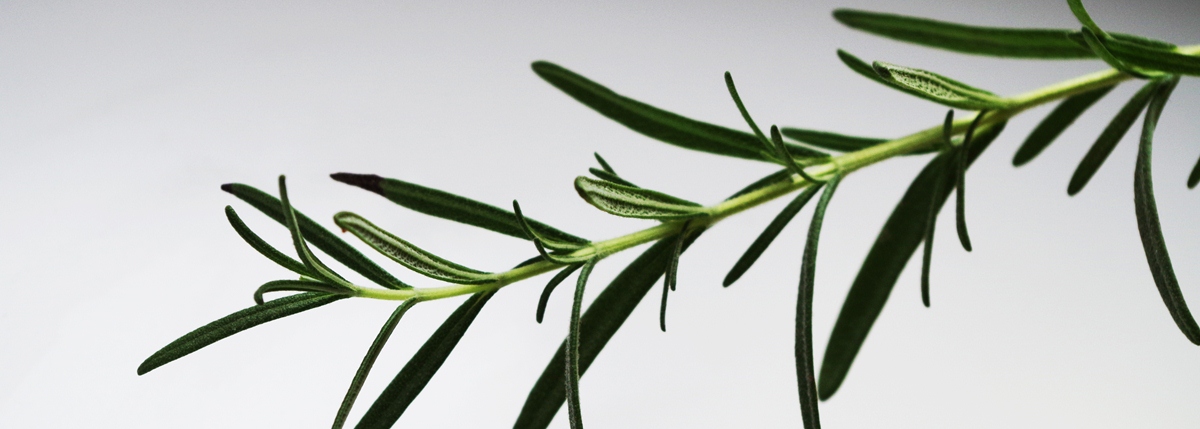
Causes of Poor Circulation
Lifestyle behaviors and factors and certain medical conditions can cause circulatory system problems, as well as genetics, smoking, prolonged periods of sitting, bad diet, or insufficient exercise.
Treatments for Poor Circulation
There are several ways you can treat poor circulation, like changes in the diet or lifestyle, classical medicaments, or natural or alternative therapies. Mild cases of poor circulation can be cured with more exercise and a proper diet. Aerobics exercises several times per week and some nutritional changes in your daily diet, like low fat and high fiber, should help you to relieve your poor circulation problems.
In more severe cases, you should try various treatments for circulatory system problems, such as medicaments or holistic or homeopathic approaches. There are many various natural, alternative, or holistic remedies for poor circulation, like acupuncture, reflexology, hydrotherapy, massage, and aromatherapy.
Homeopathy is another good alternative to the classic medical approach because it tries to cure not just the illness, but the cause of it, and it treats the whole body, instead of just the sick parts of it. Homeopathic remedies are safe to use and have no side effects.
Some homeopathic remedies for poor circulation are Rosemary, Ginkgo Biloba, or Zingiber. Herbal solutions of all of those remedies can help you with your poor circulation problems.
- The objective of the study was to observe the action of homeopathic medicines on physiologic variability of heart rate and blood flow.
- Pre- and postinterventional variability spectra of heart rate and blood flow of 77 subjects were recorded with the Medical Analyzer System, administering homeopathic preparations of Aconitum napellus (6c, 10M), Arsenicum album (200c, 1M), Gelsemium sempervirens (200c, 1M), Phosphorus (200c, 1M), Pulsatilla nigricans (200c) and Sulphur (200c, 1M) versus placebo control.
- The amplitude of the peaks viz. low-frequency, medium-frequency, and high-frequency was measured for postintervention analysis. An increase in the amplitude of any valid peak by 100% or a decrease by 50% was considered as significant change.
- Aconitum napellus produced a response in heart rate variability (HRV) with 30c potency and in blood flow variability with 1M potency. Sulphur 200c and 1M, Gelsemium 200c and Pulsatilla 200c, produced a 62.5% response in HRV against the placebo response of 16.6%. Gelsemium, Phosphorus, and Sulphur produced a response in blood flow variability with a 1M potency, similar to the response of Aconitum napellus 1M.
Tips to Avoid Poor Circulation
There are several things that you can do yourself, to prevent or deal with poor circulation problems. Here are some of them.
In cases of problems with the veins in your legs, you should wear compression hosiery or support socks to improve poor circulation.
Regular exercise and a healthy diet are the two most important things in poor circulation prevention. In addition, those two things help your overall health and fitness.
If you smoke, quit immediately. Smoking can clough your blood vessels even faster than high cholesterol.


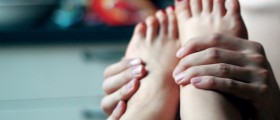
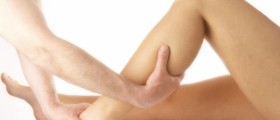
_f_280x120.jpg)
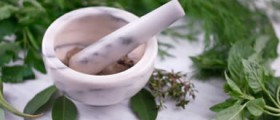
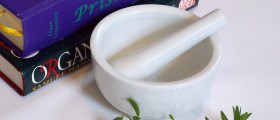


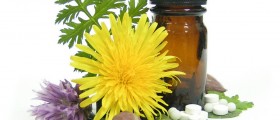

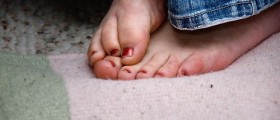


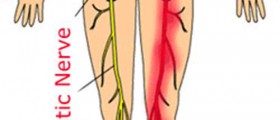

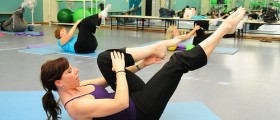
Your thoughts on this
Loading...